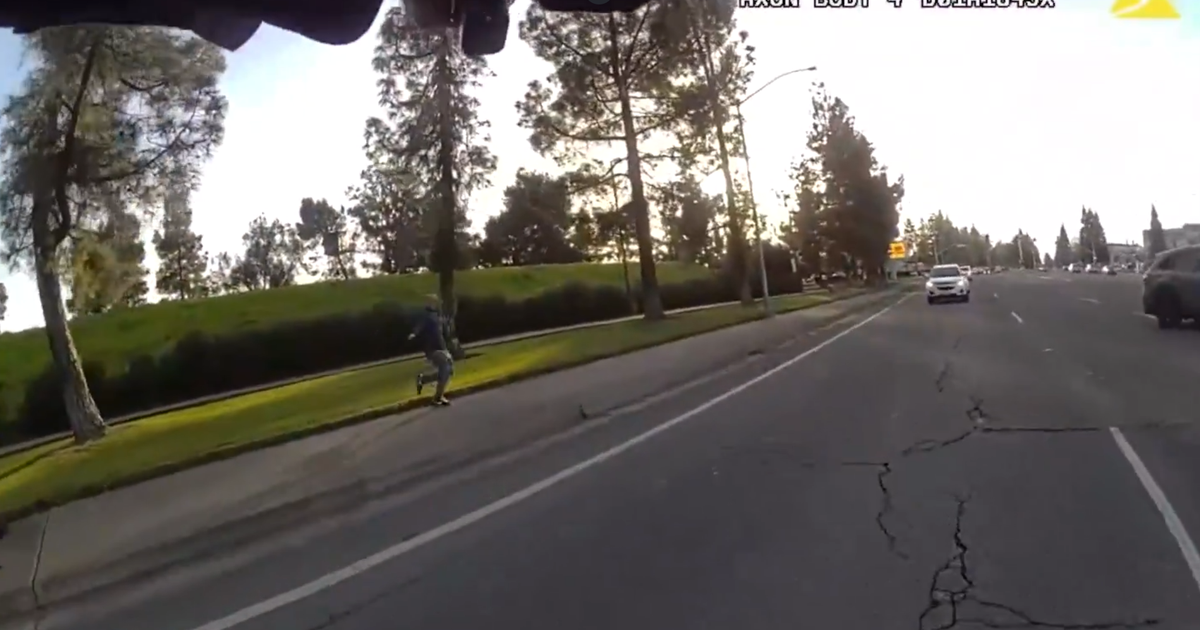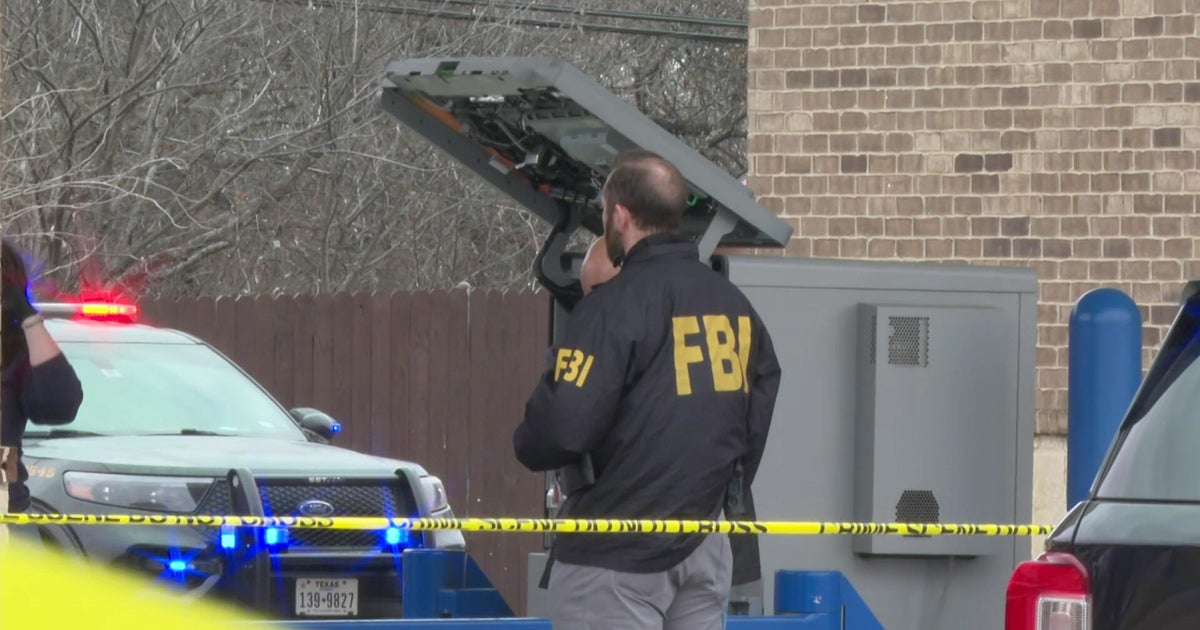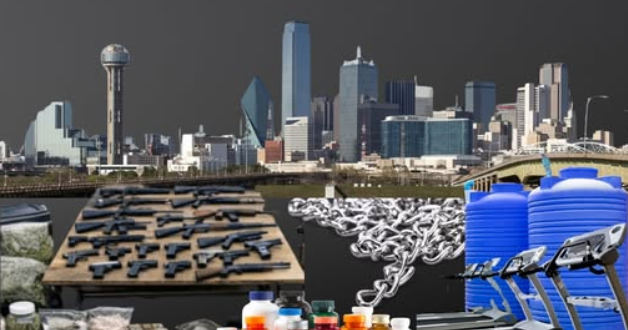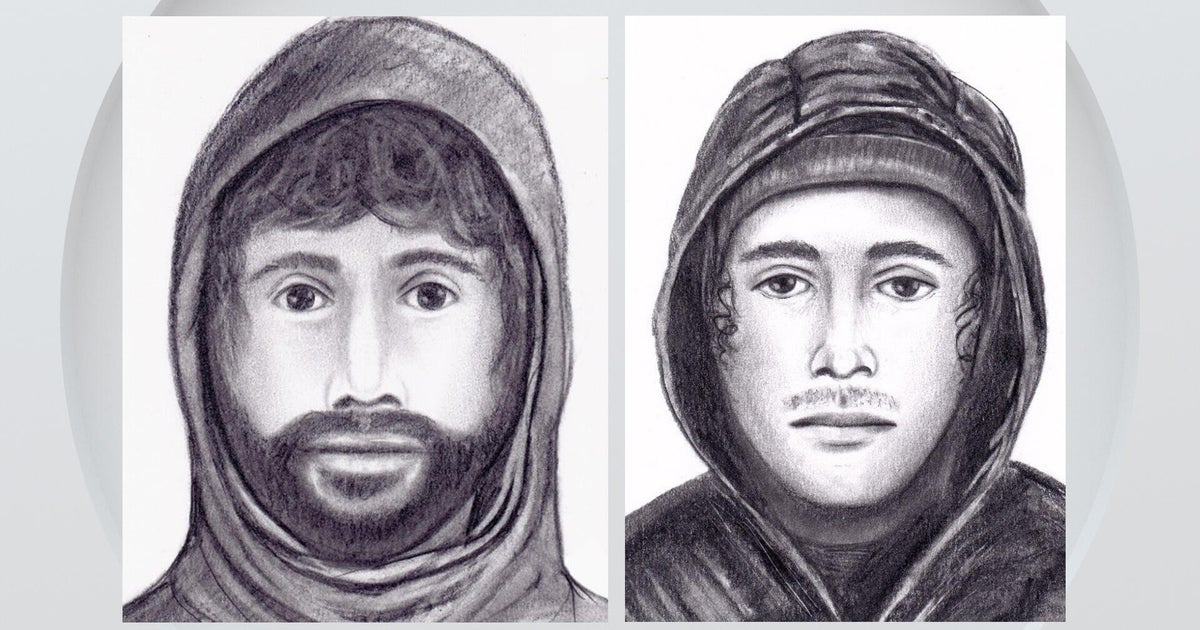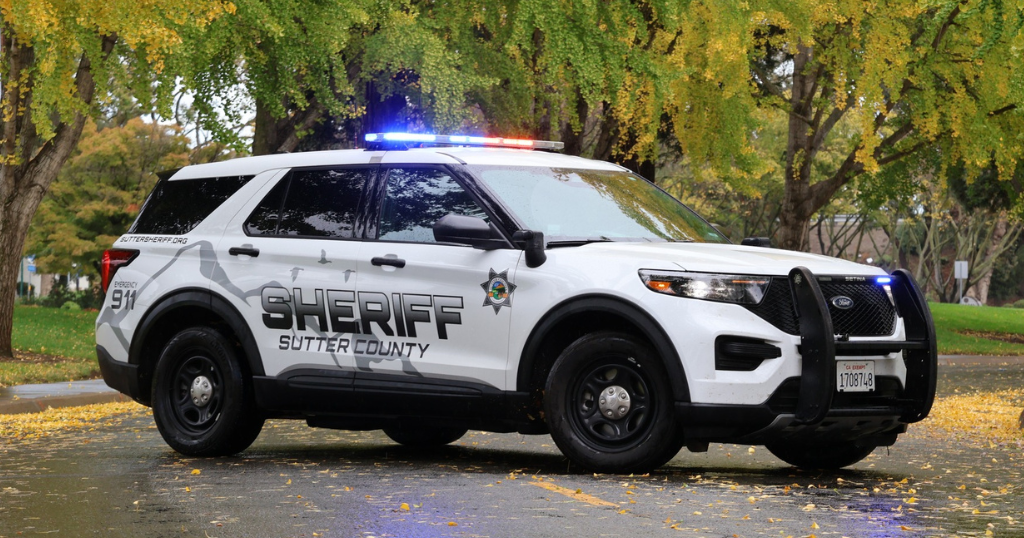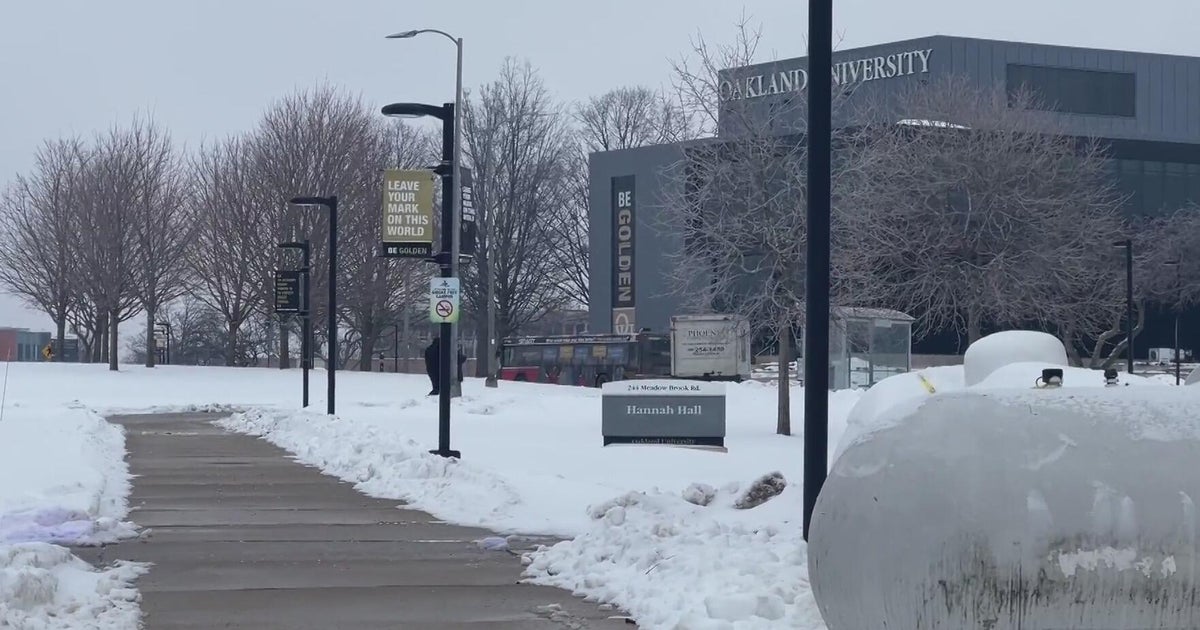'Diaphragm Law' Banning NYPD Officers From Applying Pressure To Suspect's Torso Struck Down
NEW YORK (CBSNewYork) -- A state Supreme Court judge has rejected a city law, dubbed the "Diaphragm Law," which prohibited NYPD officers putting pressure on a suspect's torso while making an arrest.
As CBS2's Hazel Sanchez reported Wednesday, it is a victory for several local police unions, which had been challenging the law.
NYPD Commissioner Dermot Shea didn't appear phased by the news.
"In terms of the diaphragm piece, we've trained for years in the NYPD that positional asphyxia is a real danger. And once we get somebody under control and handcuffed immediately, don't have them lying down. Have them sitting up. Promote free breathing. So in terms of implications, I don't see too many," Shea said.
Last summer, in the wake of the murder of George Floyd by former Minneapolis police officer Derek Chauvin, a more restrictive ban on the use of chokeholds during an arrest was passed by the City Council and signed into law by Mayor Bill de Blasio.
The law prohibited the use of any restraint during an arrest that restricts the flow of air or blood, "... by compressing the windpipe or the carotid arteries on each side of the neck, or sitting, kneeling, or standing on the chest or back in a manner that compresses the diaphragm."
Eighteen police unions, including the city's Police Benevolent Association, sued the city, arguing the law, "... offers no guidance on how an officer is to determine whether his or her actions are causing a suspect's diaphragm to be compressed."
Judge Laurence Love ruled in favor of the unions, saying the phrase "compresses the diaphragm" can't be adequately defined as written and is "unconstitutionally vague." He rejected the city's proposal to simply remove those words from the law, saying he would not usurp the role of city lawmakers.
A spokesperson for the police unions said, "This ruling makes clear that protecting the public, and the ability of public safety civil servants to do their work are inseparable."
The mayor said the city will address the court's concerns.
"The best way to do that is to pass legislation clarifying the law," de Blasio said. "We have to do that in the context, obviously, of also protecting public safety and making it clear that our officers need clear rules to do their jobs well."
The city said it is looking into its options.
The ruling has no bearing on a long-standing NYPD ban on chokeholds, which are also illegal under state law.
